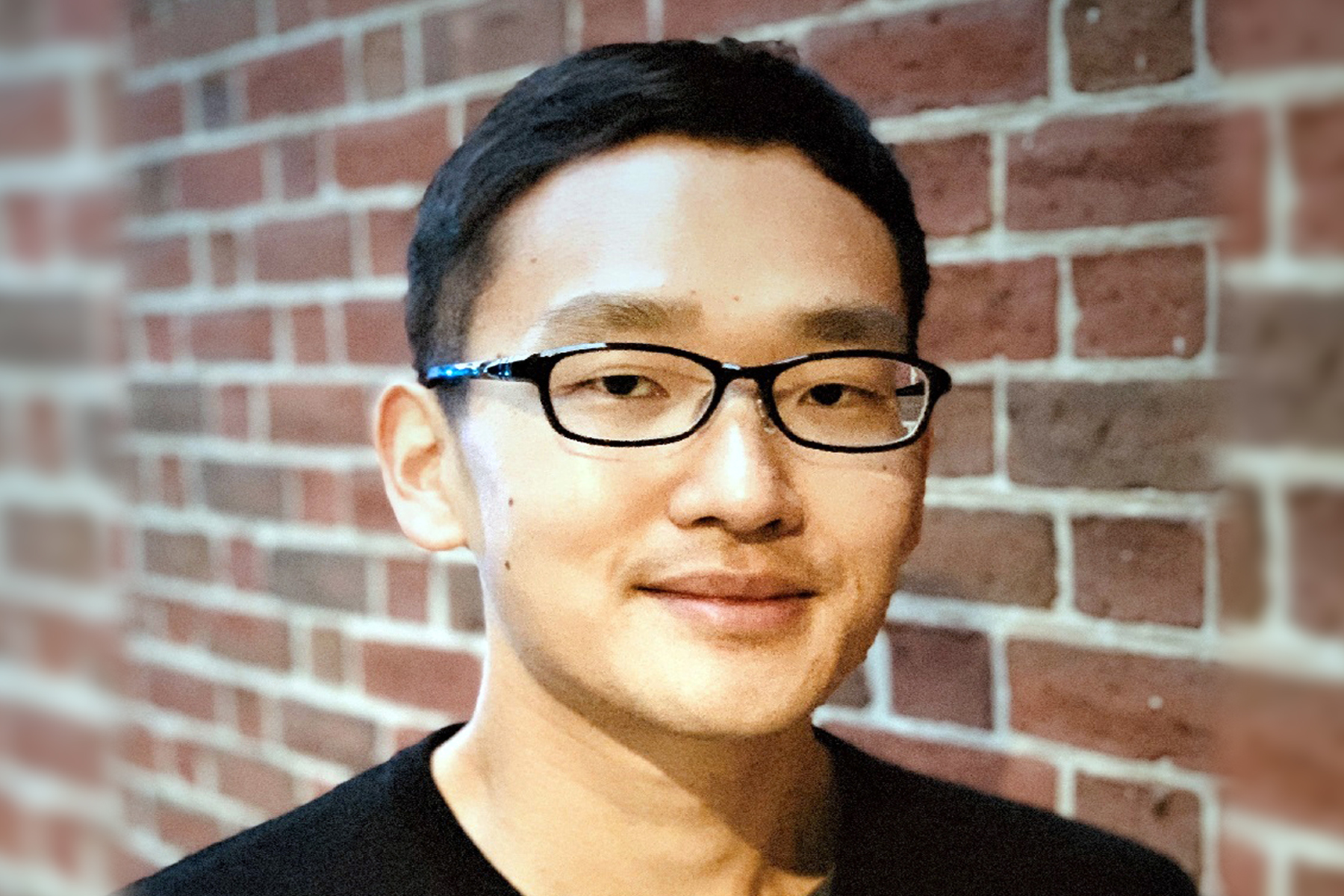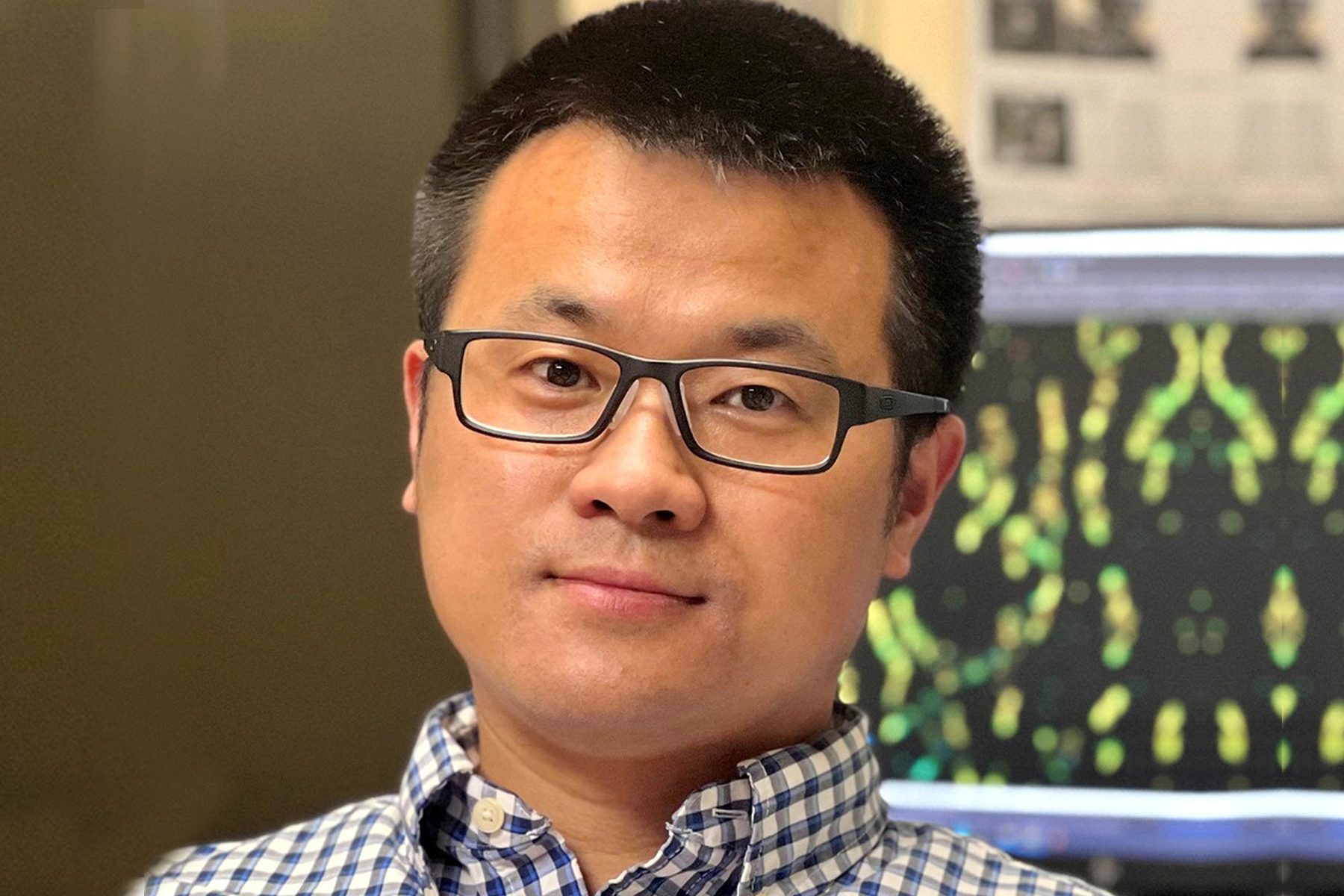UIC early-career scientists earn bioimaging awards


Two University of Illinois Chicago researchers have been selected for funding through Scialog: Advancing BioImaging, an initiative that aims to accelerate the development of the next generation of imaging technologies.
Ruixuan Gao, UIC assistant professor of chemistry and biological sciences, and Ying Hu, UIC assistant professor of chemistry, will each receive an individual award of $50,000 in support of their separate collaborative projects.
They are among 10 multidisciplinary research teams to receive a combined $1.2 million in funding as part of the initiative, which is sponsored by the Research Corporation for Science Advancement, the Chan Zuckerberg Initiative, the Frederick Gardner Cottrell Foundation and the Walder Foundation.
As part of the project “In situ Protein Sequencing by Multiplexed Real-Time Single Molecule Imaging,” Gao and collaborators from the University of Texas at Austin will seek to better understand the blueprint of every protein synthesized in the human body.
Gao’s lab at UIC specializes in developing biochemical and bioimaging tools that map and track biomolecules, such as proteins, RNAs and lipids, at their natural spatial and temporal scale. Earlier this year, he was named a Searle Scholar and recipient of a McKnight Technological Innovations in Neuroscience Award.
Hu’s collaborative proposal with Seunghyun Sim of the University of California, Irvine involves engineering a live cell-based tissue clearing technique using dendritic cells with programmable optical properties. The goal of the project is to make lymph node tissue more transparent for deeper tissue imaging using light microscopy.
With specialties in single-molecule and super-resolution imaging, Hu develops fluorescence imaging techniques to study the subcellular processes of immune cells. His lab’s multidisciplinary research combines single-molecule and super-resolution microscopy, nanotechnology, computational modeling and T-cell biology.
Their projects are products of a Scialog conference held in Tucson, Arizona, in May that brought together 45 early-career chemists, physicists, biologists, bioengineers and medical imaging specialists. The participating researchers identified challenges and formed teams to propose cutting-edge collaborative research projects that could enable major advances in bioimaging. The projects of Gao and Hu were selected for funding.
